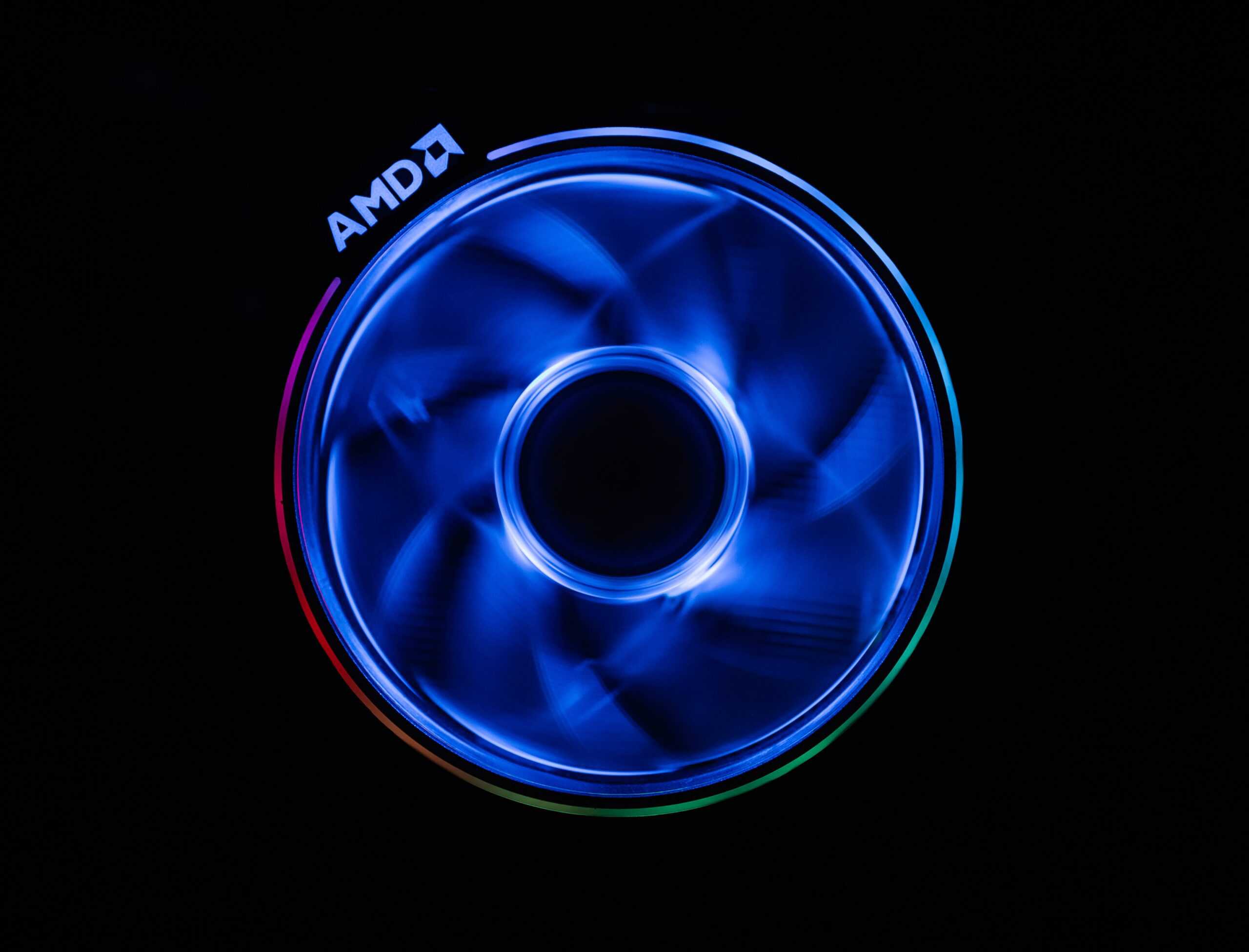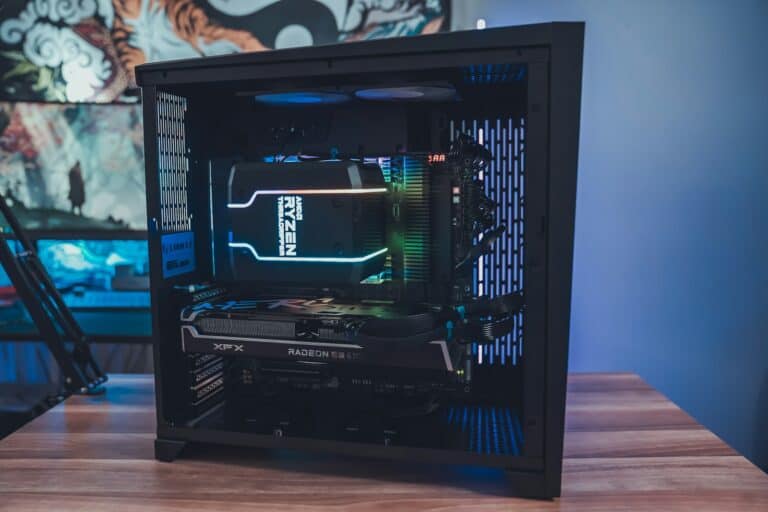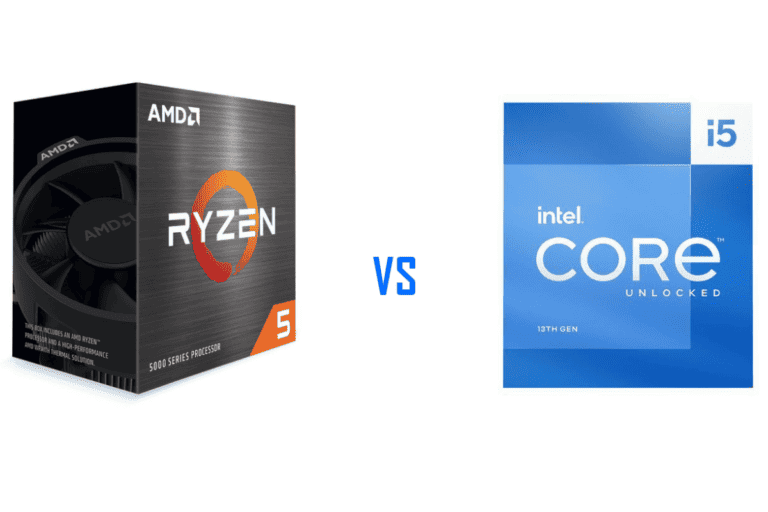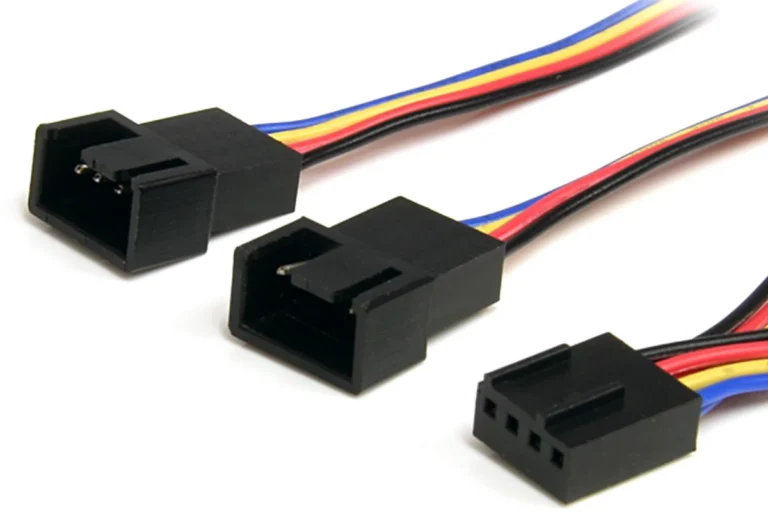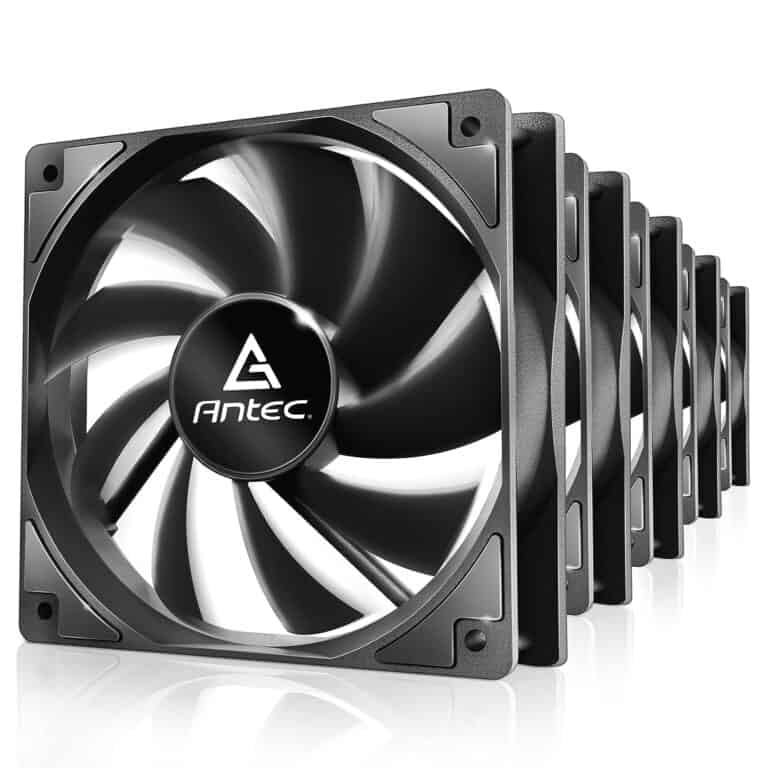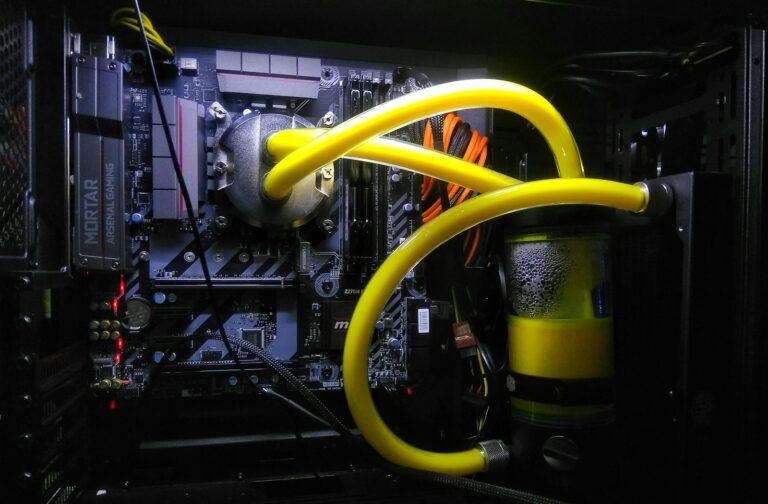When a computer overheats, it often leads to performance issues like slowdowns, system crashes, or in extreme cases, hardware damage. Overheating can be caused by a variety of factors including high ambient temperatures, poor ventilation, or faulty hardware. As computers process tasks, they generate heat, which if not managed properly, can exceed the safe operating temperatures of the CPU and GPU. Successfully identifying and addressing the source of the heat is crucial to maintain your computer’s health and longevity.
Effective heat management starts with monitoring system temperatures to ensure they remain within safe limits. Tools like HWMonitor or Speccy can provide real-time temperature readings. When high temperatures are detected, improving airflow through proper case ventilation and ensuring that internal fans are working correctly are initial steps that can help reduce heat. Regular maintenance such as cleaning dust from vents and replacing thermal paste can also have a significant impact on operating temperatures. If internal solutions prove insufficient, external cooling devices like laptop cooling pads can offer additional temperature control.
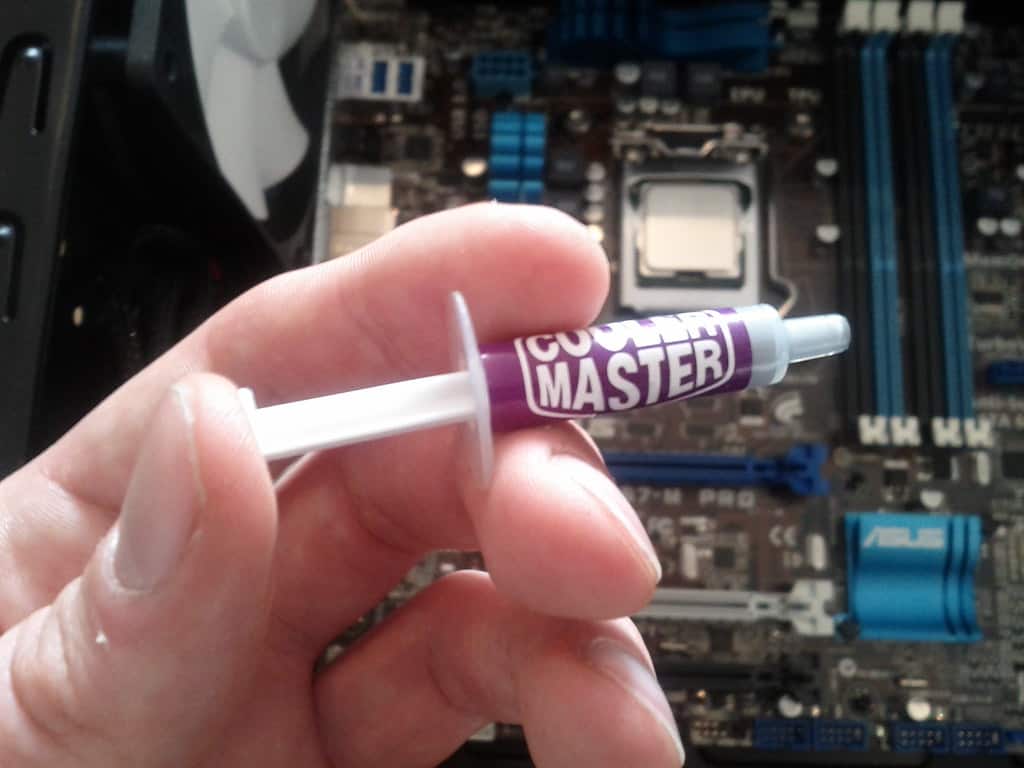
How to Keep Your Computer Cool
Overheating is a serious problem for computers. An overheated computer runs slowly. It can even shut down without warning! Luckily, there are some easy things you can do to cool down your computer and prevent overheating.
Why Your Computer Overheats
Your computer can overheat for many reasons:
- Dust and dirt: Dust is a big problem for computers. It can block fans and vents, making it hard for your computer to cool down.
- Outdated hardware: Older computers often don’t have good cooling systems.
- Demanding software: Some software uses a lot of your computer’s power. When your computer works too hard, it can overheat.
- Poor ventilation: Your computer needs good airflow to stay cool.
How to Prevent Computer Overheating
Here are some tips to cool down your computer:
| Action | Description |
|---|---|
| Clean your computer | Use compressed air to blow out dust bunnies from the fans and vents. Take care not to damage delicate electronics. |
| Keep it on a flat surface | Don’t use your laptop in bed or on your lap so you don’t obstruct the vents. |
| Use a cooling pad | A laptop cooling pad can help keep your laptop cool. |
| Manage power settings | Lowering your computer’s power settings can help reduce heat output. |
| Close unnecessary software | Close any programs you aren’t using to free up resources. |
| Upgrade your hardware | If your hardware is several years old, consider upgrading to newer parts with better cooling capabilities. |
Troubleshooting Overheating Issues
If your computer is still running too hot, even after you’ve tried the steps above, here are some things to consider:
- Malware: Viruses and other malware can cause your computer to work harder than usual. Run a full malware scan on your computer to make sure it is infection-free.
- Faulty hardware: A failing fan, or a dried-out application of thermal paste on the CPU could be culprits. If you are uncertain about diagnosing the issue yourself, consult a computer repair professional.
Remember, your computer works best when it runs cool. By following these tips, you can keep your trusty machine working well for years to come!
Key Takeaways
- Identifying and managing heat is crucial for computer health.
- Monitoring system temperatures helps detect overheating early.
- Regular maintenance and proper airflow are key to managing heat.
Understanding and Diagnosing Overheating Issues
A computer’s cooling system must work correctly to prevent overheating. This section covers how to recognize when a computer is too hot and what causes it.
Identifying the Symptoms of Overheating
Computers that overheat slow down or crash. Signs of an overheating computer include:
- Poor performance: Tasks take longer than usual.
- Crashes: The system shuts down suddenly or displays blue screens.
- Physical signs: The computer feels hot, or fans make a loud noise.
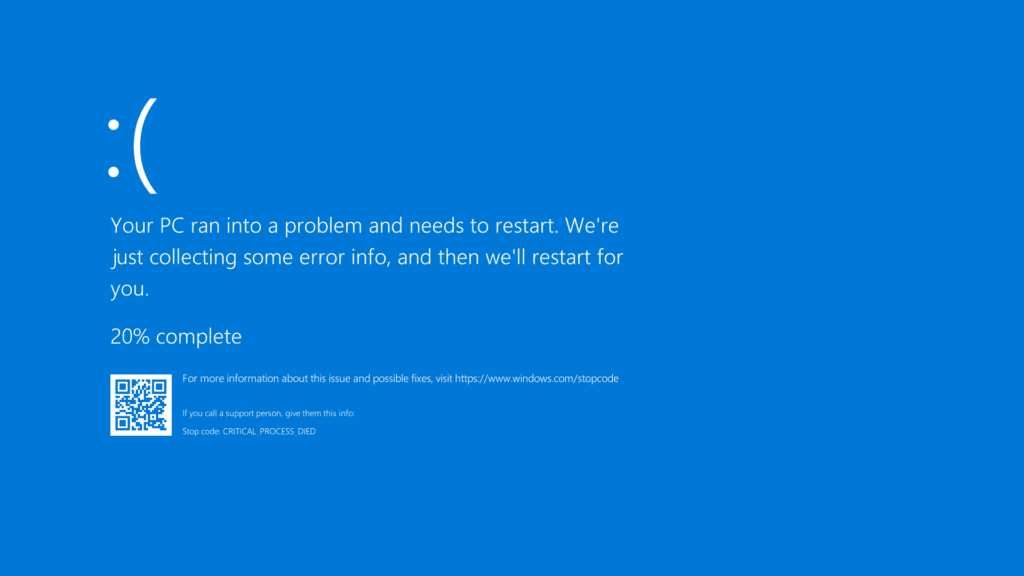
Monitoring System Temperatures
You can monitor your computer’s temperature by using software. Tools such as HWMonitor or Speccy can show current temperatures. Here are typical values:
- CPU temperature: Should stay below 80°C.
- GPU temperature: Should be under 90°C.
- Core temp: Each core’s temperature also matters.
Factors Contributing to Overheating
Several factors lead to a computer getting too hot:
- Dust buildup blocks airflow.
- Inadequate ventilation can’t expel heat.
- Overclocking increases heat output.
- Environment: Direct sunlight or a small room can raise temps.
- Usage: Running many applications can overwork components.
Effective Solutions to Combat Overheating
Proper cooling strategies protect computers from the harmful effects of excessive heat. They ensure functionality and enhance component life spans.
Regular Maintenance and Cleaning
Responsible computer care includes regular cleaning to prevent dust buildup, which obstructs airflow and insulates heat. Users should routinely check and clean fans with compressed air. Dust on other components like the heatsink can also impair heat transfer, so they too require attention.
Optimizing Internal Cooling
The right cooling system keeps a computer at safe temperatures even during heavy use. It’s essential to confirm that all fans are working efficiently and heat sinks are securely attached. For those who overclock their CPUs, investing in high-quality thermal paste and possibly liquid cooling is crucial.
Adjusting Settings and Usage
Lowering screen brightness and resolution reduces GPU load, minimizing heat. It helps to close intensive programs not currently in use. Utilizing task manager to end unnecessary processes can alleviate CPU usage that contributes to heat issues.
Upgrading and Utilizing External Solutions
When internal upgrades are necessary, adding extra fans or a new heatsink can improve cooling. For laptops, external cooling pads provide additional airflow. Underclocking components may also lower heat output without significant performance losses.
Software and System Updates
Keeping systems updated, including the operating system, drivers, and running programs, prevents inefficiencies that can cause overheating. Regular scans for malware with antivirus software help, as viruses can increase CPU and GPU load, leading to higher temperatures.
Frequently Asked Questions
This section addresses the most common queries on how to tackle computer overheating with practical solutions.
What steps can be taken to resolve overheating in laptops?
Use laptops on hard surfaces to ensure proper airflow. Cooling pads are effective for dissipating heat and supporting air circulation.
How can I prevent my desktop computer from overheating?
Keep the computer in a well-ventilated area. Clear out dust from air vents and fans regularly to maintain proper airflow.
What are the common causes of CPU overheating?
An overload of tasks, poor ventilation, and dust buildup often lead to CPU overheating. Inadequate cooling systems or thermal paste application may also contribute.
Why does my computer get excessively hot and shut down?
Computers shut down due to extreme temperatures as a safety measure to prevent hardware damage. This may happen when internal cooling is compromised or environmental temperatures are high.
What are the symptoms indicating that my PC may be overheating?
Symptoms include frequent crashes, slow performance, noisy fans, and the computer feeling hot to the touch.
How can overheating be prevented during intensive gaming sessions?
Ensure the gaming PC has a high-quality cooling system. Use an air-conditioned room and take breaks to let the computer cool down if necessary.

